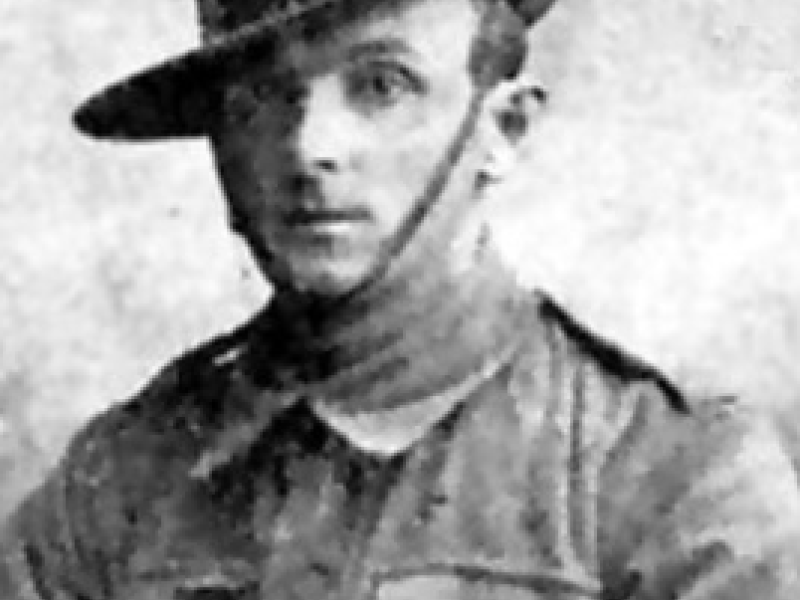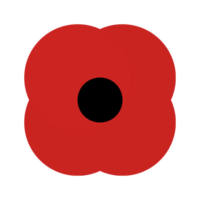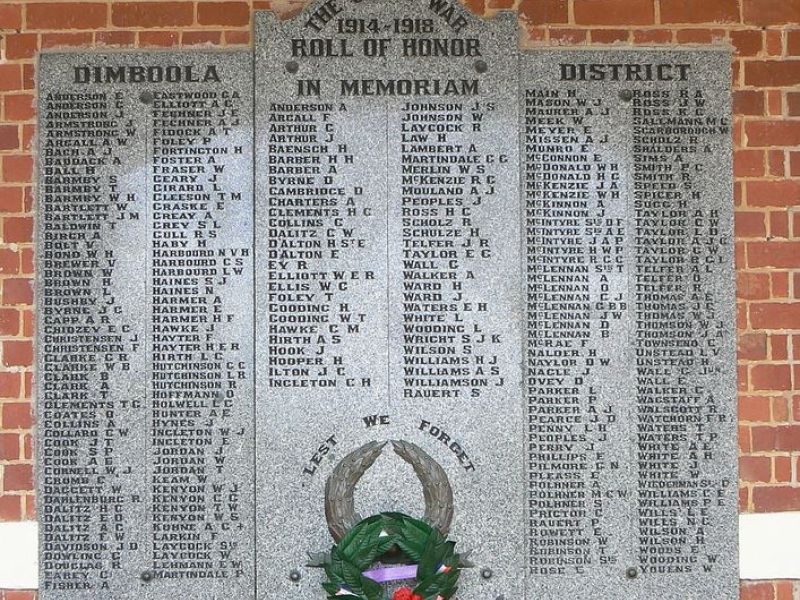Private Henry St Eloy D'Alton, 8th Australian Infantry Battalion
Known to friends and family as “Harry”, Henry D'Alton was born on the 10th of April 1888 at Nhill, Victoria. He was the eldest son and second child of Ann and St Eloy D'Alton.
A keen sportsman, Henry was involved in cricket, coursing, rowing and long-distance running but his passion was rifle shooting. His talent at the rifle range paid off in 1911 when he took out a bronze medal in the Victorian Rifle Association’s shoot.
When Australia’s involvement in the First World War was announced, Henry was the Secretary of the Shire of Dimboola, and honorary secretary of the rifle club. He was one of the first volunteers from Dimboola, travelling to Horsham to enlist in the Australian Imperial Force on 17 August 1914 as it was not possible to enlist at Dimboola at the time.
Henry’s brother Charles enlisted ten days later and they would serve together at Gallipoli in the 8th Australian Battalion, which was raised within a fortnight of the start of the war.
A week after his enlistment, Henry was in camp at Broadmeadows. After a few months of rudimentary training, the 8th Australian Battalion, attached to the 2nd Brigade, left Australia, headed for Egypt.
Following a brief stop in Albany, Western Australia, the battalion arrived in Egypt on the 2nd of December. The men trained in Egypt before being transported to Lemnos Island in early April in preparation for the Gallipoli campaign.
After landing at Anzac Cove on 25 April, at about 10 am, Henry D’Alton was shot by a sniper while helping to dig a trench. He was evacuated onto the hospital ship Seang Choon but died of his wounds some days later, and was buried at sea the following day.
He was 27 years old.
Private Henry D’Alton’s loss was deeply mourned in Dimboola. Shop windows and shire offices were draped in black, Union Jacks were lowered to half-mast, and messages were telegraphed to his family.
A memorial service was held in St Peter’s Church in Dimboola where many tributes were paid. During the meeting of the Dimboola Shire Council, Henry D’Alton was eulogised, and the council decided to erect a memorial in the Shire Offices. A “handsome white marble tablet, framed with polished red gum wood” was later affixed to the wall of the council chambers.
Henry’s brother, Charles, was killed in action on the Gallipoli peninsula on 6 August 1915 when a shell exploded in his trench. Ann and St Eloy D'Alton had lost both sons in a matter of months.
Duncan Beard, Editor, Military History Section

 Australian War Memorial
Australian War Memorial